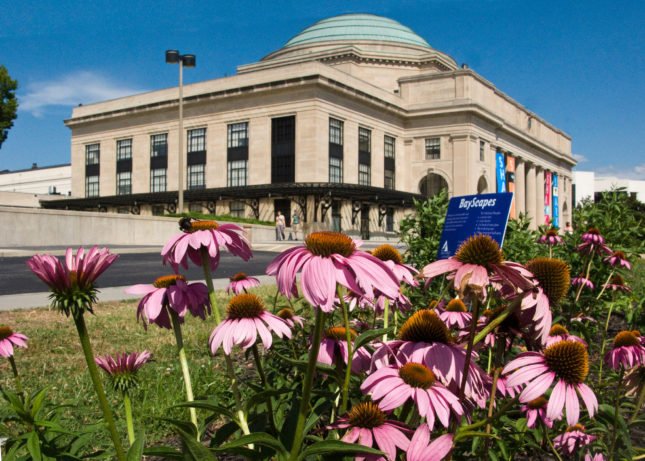If you’ve been reading the news lately, you might have developed a skeptical impression of Richmond, the capital of Virginia. The state’s governor, Ralph Northam, is plodding through his term despite the revelation of a yearbook photograph in which
Much of this bad press is a bad rap. It’s not Richmond’s fault that its state’s elected officials
Banking, insurance and healthcare dominate the Richmond economy, which hosts the headquarters of seven Fortune 500 firms; most prominent among them are tobacco conglomerate Altria and power company Dominion Energy. Leading employers include financial services powerhouse Capital One, several large healthcare systems and the Federal Reserve Bank of Richmond. Amazon, which has some 3,800 employees working at fulfillment and distribution centers in the region, is a growing presence. That number is likely to grow as Amazon develops its new headquarters in northern Virginia.

When Richmond’s residents aren’t working, they can partake in an embarrassment of cultural riches, including the outstanding Virginia Museum of Fine Arts and the recently enlarged American Civil War Museum. Smaller but still important institutions include the Science Museum of Virginia, the Branch Museum of Architecture and Design, the Virginia Holocaust Museum and the Beth Ahabah Museum & Archives, the latter two indicative of Jewish history in Richmond dating to the late 18th century. But culture in Richmond isn’t all stored in museums or restored on battlefields; it’s also found in the city’s passionate outdoor sports scene, outstanding restaurants and the sense that this is a place where young people want to move or return to—and linger. An hour’s flight from New York, Richmond also makes a terrific long-weekend escape for people who want to see the reality beyond the headlines.
